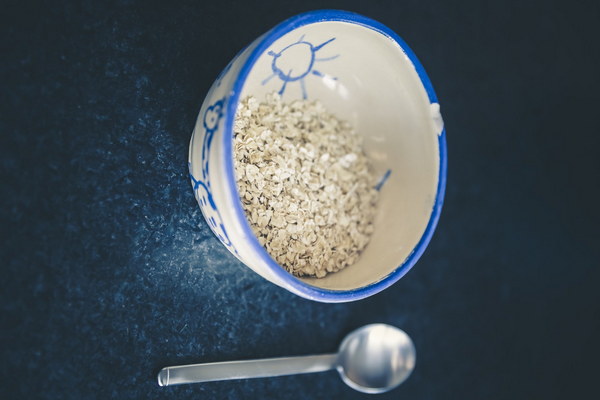PostCOVID Recovery Nurturing Your Kidneys for a Healthier Future
Introduction:
The COVID-19 pandemic has brought unprecedented challenges to the global community. Alongside the physical and mental toll, many individuals have experienced long-term health issues following their recovery. One such concern is the impact of COVID-19 on kidney health. In this article, we will discuss the importance of kidney care after COVID-19 and provide practical tips on how to nurture your kidneys for a healthier future.
1. Understanding the Impact of COVID-19 on Kidneys:
COVID-19 can lead to acute kidney injury (AKI) or chronic kidney disease (CKD) in some individuals. The virus can cause inflammation and damage to the kidneys, impacting their ability to filter waste and excess fluid from the blood. Recognizing the signs of kidney issues is crucial for timely intervention and recovery.

2. Importance of Post-COVID Kidney Care:
Post-COVID kidney care is essential to prevent the progression of kidney disease and improve overall health. By implementing the following strategies, you can nurture your kidneys and support their recovery:
a. Stay Hydrated:
Drinking plenty of water is vital for kidney health. It helps to flush out waste products and maintain kidney function. Aim for at least 8-10 glasses of water per day, or more if recommended by your healthcare provider.
b. Monitor Your Blood Pressure:
High blood pressure is a significant risk factor for kidney damage. Regularly monitor your blood pressure and follow your healthcare provider's recommendations for managing it, such as medication or lifestyle changes.
c. Maintain a Healthy Diet:
A balanced diet rich in fruits, vegetables, whole grains, and lean proteins can help reduce the risk of kidney damage. Limit your intake of sodium, sugar, and saturated fats. Consider consulting a registered dietitian for personalized dietary advice.
d. Exercise Regularly:
Physical activity improves cardiovascular health and can help control blood pressure and blood sugar levels, reducing the risk of kidney damage. Aim for at least 150 minutes of moderate-intensity aerobic exercise or 75 minutes of vigorous exercise per week.
e. Avoid Smoking and Limit Alcohol Consumption:
Smoking and excessive alcohol intake can worsen kidney damage. Quitting smoking and moderating alcohol consumption are essential steps towards protecting your kidneys.
f. Manage Chronic Conditions:
Conditions like diabetes and hypertension can contribute to kidney damage. Work with your healthcare provider to manage these chronic conditions effectively.
g. Regular Check-ups:
Schedule regular check-ups with your healthcare provider to monitor your kidney function. They can conduct tests like blood and urine analysis to assess kidney health and recommend appropriate interventions.
3. Mind-Body Connection:
The mind-body connection plays a crucial role in kidney health. Stress, anxiety, and depression can impact kidney function. Incorporate stress-reducing techniques such as meditation, yoga, or deep-breathing exercises into your daily routine.
Conclusion:
Caring for your kidneys after COVID-19 is an essential part of your overall recovery process. By following these tips, you can nurture your kidneys and reduce the risk of long-term kidney damage. Always consult with your healthcare provider for personalized advice and support on your post-COVID kidney care journey.









